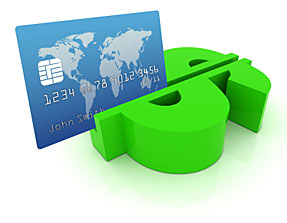There are countless pros and cons to owning and operating an online business. One major check in the pro category is that your company can reach people all around the world, no matter where you are located. By having a further reach, you are able to spread awareness of your brand, as well as expanding your customer bas
 e exponentially each year. While the far reach of the internet allows companies to conduct business with customers on the other side of the world, it also takes the personal interaction out of the sale. While person to person contact may not be a high priority for a lot of businesses, it is important for a few specific reasons.
e exponentially each year. While the far reach of the internet allows companies to conduct business with customers on the other side of the world, it also takes the personal interaction out of the sale. While person to person contact may not be a high priority for a lot of businesses, it is important for a few specific reasons.
When a customer is shopping online, there is a general policy that he or she cannot use paper currency to purchase the product or service. Most ecommerce websites do not accept cash or check as valid currency for a plethora of reasons, including counterfeit fraud, the inability to immediately receive the necessary funds, and the ever fluctuating exchange rate. Because of this, ecommerce businesses rely heavily on the use of credit, debit, and check cards as payment for their products. While credit and debit cards open up the business to higher revenue, they also open up the business to higher risk. This risk often comes in the form of chargebacks and chargeback fees. When customers decide to dispute charges on their bank statements, they contact their issuing banks to file a chargeback. Chargebacks are used to protect customers from all types of fraudulent activity that may affect their bank accounts. However, chargebacks hold the merchant responsible, and are often detrimental to their relationship with card networks such as Visa and Mastercard. For every chargeback dispute that is filed through an issuing bank, the merchant involved pays a fee whether or not they win the dispute. Chargebacks negatively affect merchants when they are generally not at fault for the disputed charges. If the customer’s issuing bank proves that the charges are fraudulent during their investigation, they then refund the customer from the merchant’s bank account. This can occur when someone other than the cardholder uses the card to make a purchase, but can also occur when the cardholder mistakenly disputes charges that they did in fact authorize. Either way, merchants are held responsible for the protection of their customers as well as their own electronic commerce.




